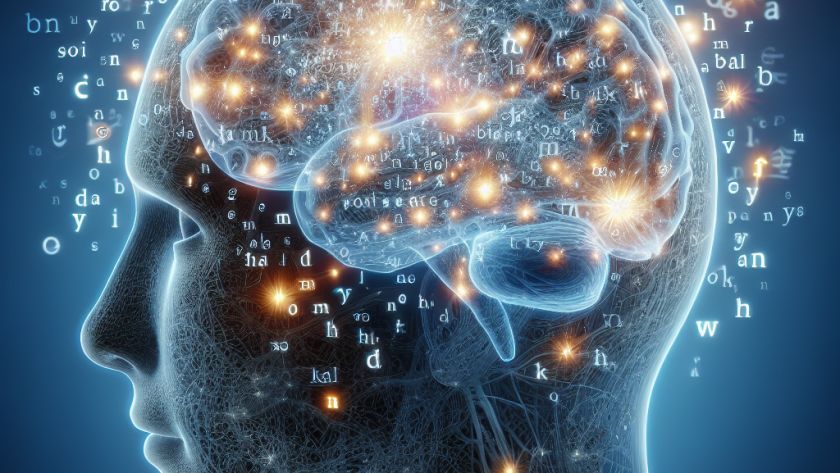Using an artificial language network, neuroscientists from MIT have identified the type of sentences that most effectively activate the human brain's language processing centres. Their findings, published in Nature Human Behavior, show that the most stimulating sentences are those which are complex due to uncommon words or grammar, or unexpected meanings. Simplistic sentences or nonsensical…




